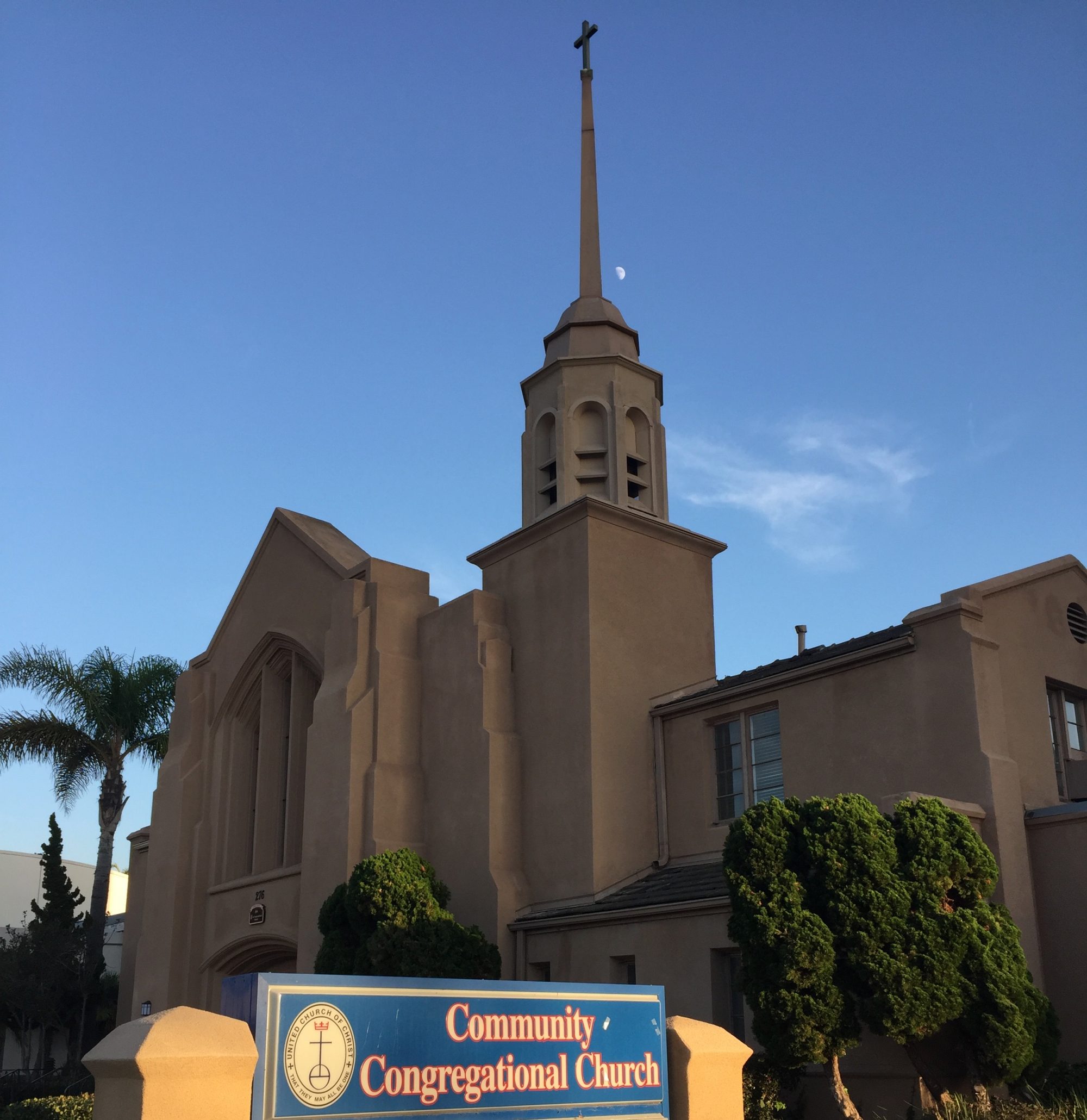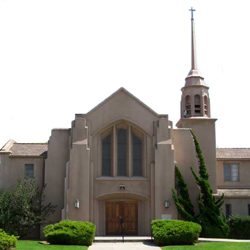“Waiting Actively”
A meditation based on Isaiah 61:1-4, 8
and Hosea 12:6
December 17, 2017
Community Congregational Church of Chula Vista
Dr. Sharon R. Graff
* * * * *
So far in this Advent season, we’ve been talking about the more inward parts of waiting: waiting in hope and waiting with times carved out for sacred silence. These are important aspects of the spiritual life that make the seasons of waiting not only tolerable, but also enjoyable. What would you say are the typical inwardly-focused practices of spiritual growth? [Prayer, meditation, silence, reading, walking, mindfulness, coloring mandalas…] Nearly any type of individual activity, done with intention and a prayerful attitude, can be an inward pathway of spiritual growth.
In fact, a man by the name of Brother Lawrence, who lived 400 years ago, wrote about the spiritual life in what is considered a Christian classic; his book is called “The Practice of the Presence of God.” In that short text, Brother Lawrence detailed how his monastery tasks of washing the dishes and preparing food were spiritual practices that brought him into a close and intimate relationship with God! Yes, even doing dishes can be a way to deepen your connection with God!
Yet, as we know, living a healthy spiritual life isn’t only an inward journey. Growing in spirit is a two-way street, where our spirituality deepens by traveling both inward and outward pathways. Today, we turn our attention to this other part of spiritual growth, which is the outward journey. Put simply, the outward journey is what we do in response to the inward practices. So, for example, we might pray that a loved one be healed—that is an inward spiritual practice, the practice of praying. And those prayers of ours might move us to become more involved in the life of that loved one—taking food, or providing transportation, or simply visiting and letting them know they are not alone.
Both pathways—the inward and the outward–are necessary to growth, and each pathway motivates and encourages the other. If you are overly busy, working those outward spiritual muscles exclusively, you will wear yourself out. If you are overly focused only on prayer or meditation or the other inward pathways, you risk becoming a navel-gazer. Both the inward and the outward are necessary and feed one another.
The Bible is full of stories describing the outward journey, and the two passages we read today are great examples! In the short verse from Hosea we hear God’s injunction to Israel: “return to your God; hold fast to love and justice; wait continually for your God.” During the time that the prophet Hosea was writing, the Israelites were unfaithful to their God, instead tempted to follow after the gods of their neighbors. Hosea calls them out and calls them back with powerful metaphors of God’s love for them being like the love between two people who are married, but where one partner is being unfaithful—in this case, Israel. And Hosea counsels Israel that the way to return to God is by living a life of love and justice. That’s the outward journey, friends! Love is a verb and justice must be put into practice to be taken seriously.
The longer passage we read from the prophet Isaiah details what it looks like to put love and justice into practice. And that passage—quoted a few hundred years later in Jesus’ inaugural sermon in his hometown—that passage is filled to overflowing with verbs. Bring good news. Bind up the brokenhearted. Proclaim freedom to the captives. Release those who are imprisoned. Comfort those who mourn. Provide those who mourn with flowers instead of ashes. In other words, help them move on beyond their grieving in tangible, palpable ways. Build up ancient ruins. Raise up former devastations. Repair ruined cities. This passage doesn’t advocate just “thoughts and prayers” when tragedy strikes. Here, we are urged to put feet and hands to work in making justice and love true realities in this world. No wonder Jesus read this text, in his very first teaching, as a way for his hometown neighbors to begin to understand what sort of public ministry they could expect from him.
You see, the pathway of Jesus, the pathway we claim as our own, is one that practices both inward and outward, balanced, together, nurturing one another. And on that pathway, it simply is not enough to just pray or meditate or concern oneself with only one’s personal spiritual connection to God. That is important, yes. That is essential. But it is not the whole of spiritual growth. That prayer needs to lead you to some sort of visible, tangible, verb-like action.
You all know this! As a congregation, you practice the inward/outward journey. You don’t just talk about strengthening the friendship between this church and Congregational Tower residents, for example…you give money each month in the Missions offerings, and you use that money to provide a lovely holiday meal that shows those residents you care. You don’t just talk about women’s rights…several of you put feet to pavement earlier this year to walk in the women’s march in downtown San Diego. You don’t just show up for church, say your prayers, sing your songs, and leave…you remain and visit and catch up on how your sisters and brothers are really faring in their lives. And then you use that information to keep praying. You see how the inward and outward pathways work together? One feeds the other, one is fed by the other, both are necessary to deepen your connections to one another and to God.
It is true, that the UCC’s oft-quoted actions of justice and peace have not, historically, been ones chosen by this congregation. Your outward practice of the faith is much more quiet, less public, yet nonetheless powerful. Keep it up! And, as these two passages urge, look for ways to expand those outward practices, to put love and justice into action. For this, too, friends, makes for powerful waiting—waiting that has the power to do good for others and to change you for the better!
Amen and Blessed Be

